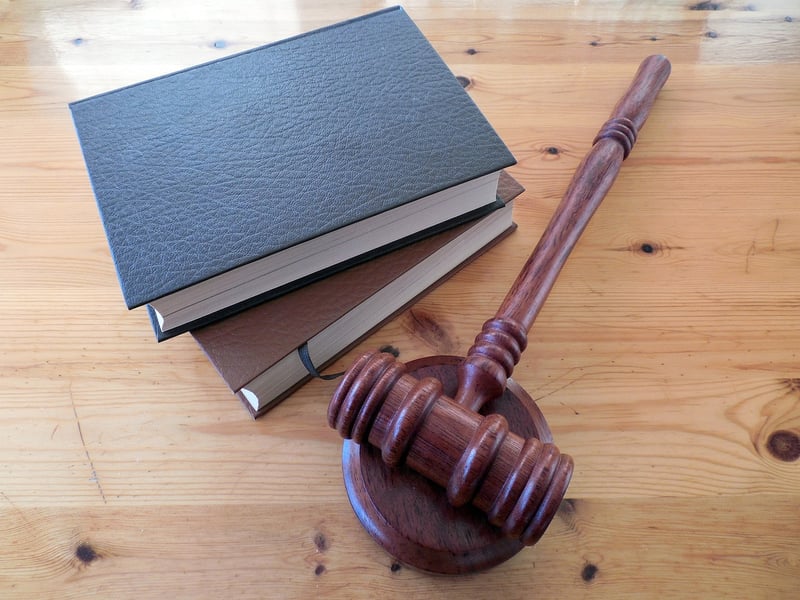Documentation
Ensuring a Smooth Legal Process: The Importance of Documentation
Legal processes can be complex and challenging to navigate, but having proper documentation in place is crucial to ensure a smooth and successful outcome. Whether you are dealing with a contract, a legal dispute, or any other legal matter, adequate documentation is key to protecting your rights and interests.
Why Documentation Matters
Documentation serves as a record of events, agreements, and transactions, providing clarity and evidence in case of disputes or legal proceedings. It helps establish facts, timelines, and responsibilities, reducing ambiguity and potential misunderstandings.
Types of Documentation
Various types of documentation are essential in different legal contexts:
- Contracts: Written agreements outlining the terms and conditions of a legal relationship.
- Correspondence: Emails, letters, and other communications that document discussions and decisions.
- Reports: Detailed summaries of events, investigations, or findings.
- Receipts and Invoices: Proof of payments, expenses, and financial transactions.
- Legal Forms: Official documents required for specific legal procedures.
Best Practices for Documenting Legal Matters
Follow these best practices to ensure effective documentation in legal matters:
- Be Thorough: Include all relevant details and information in your documents.
- Be Clear and Concise: Use simple language and avoid ambiguity in your writing.
- Keep Records Organized: Maintain a systematic filing system for easy retrieval of documents.
- Date and Sign Documents: Ensure all documents are dated and signed by the parties involved.
- Backup Important Documents: Store copies of essential documents in a secure location.
Conclusion
Documentation is a critical aspect of the legal process, providing a foundation for building a strong case or defending your rights. By maintaining comprehensive and accurate records, you can enhance your legal position and navigate legal proceedings with confidence.

Remember, when in doubt, always consult with a legal professional to ensure your documentation meets the necessary legal standards and requirements.
